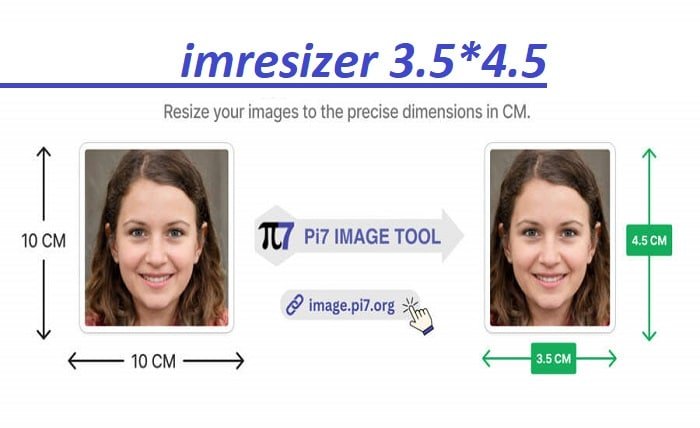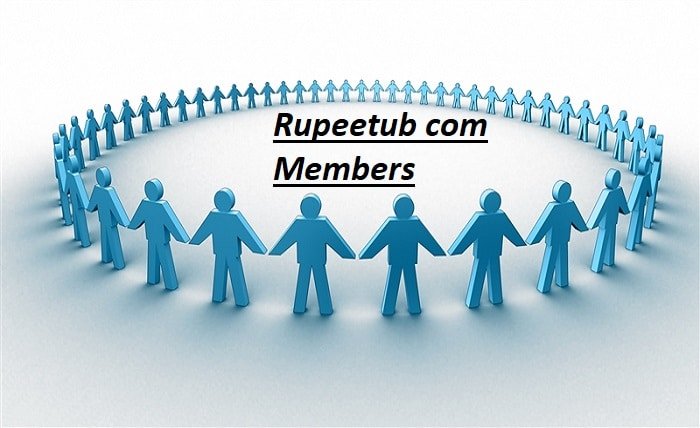In today’s digital age, the concept of “read topics free” has become increasingly popular. Whether you’re an avid reader or just someone looking to expand your knowledge without spending a dime, finding free reading materials is a great way to satisfy your intellectual curiosity. This blog post delves into various aspects of accessing “read topics free,” offering practical advice and resources to help you explore a vast array of subjects without cost.
1. What Does Read Topics Free Mean?
The term “read topics free” refers to accessing and reading content on various subjects without incurring any charges. This can include articles, books, academic papers, and more. With countless resources available online, finding free reading materials on your favorite topics has never been easier. Understanding what “read topics free” entails helps you make the most of these resources.
2. Why Should You Explore Read Topics Free?
Exploring “read topics free” offers numerous benefits. Not only does it allow you to access a wealth of information without financial constraints, but it also helps you broaden your knowledge on diverse subjects. Engaging with free reading materials can enhance your learning experience, keep you informed about current trends, and support personal and professional growth.
3. Top Websites for Finding Read Topics Free
Several websites are dedicated to providing free reading materials on various topics. Sites like Project Gutenberg, Open Library, and Google Books offer access to a vast collection of books and articles. Additionally, platforms like Medium and JSTOR provide free access to a range of topics and academic papers. Exploring these websites will help you find quality content on “read topics free.”
4. Utilizing Public Libraries for Read Topics Free
Public libraries are an excellent resource for finding “read topics free.” Many libraries offer digital lending services, allowing you to borrow e-books and audiobooks without cost. Additionally, libraries often provide access to databases and other resources that can help you explore various topics for free. Utilizing your local library’s digital services is a great way to access “read topics free.”
5. Accessing Free Academic Papers and Journals
If you’re interested in scholarly “read topics free,” several platforms offer access to academic papers and journals without charge. Websites like Google Scholar, PubMed Central, and arXiv provide free access to research articles and scientific papers across a range of disciplines. These resources are invaluable for students, researchers, and anyone interested in in-depth academic topics.
6. Finding Free eBooks and Audiobooks
For those who prefer reading eBooks or listening to audiobooks, many platforms offer “read topics free.” Websites like LibriVox and ManyBooks provide free access to a wide range of eBooks and audiobooks. Additionally, services like Audible often have promotions that allow you to access audiobooks for free. Exploring these options will help you find “read topics free” in your preferred format.
7. The Role of Open Access Journals in Read Topics Free
Open access journals play a crucial role in the realm of “read topics free.” These journals publish research articles and academic papers that are freely accessible to the public. Examples include the Public Library of Science (PLOS) and BioMed Central. By exploring open access journals, you can gain insights into various scientific and academic topics without any financial barriers.
8. How to Use Social Media for Read Topics Free
Social media platforms can also be a valuable resource for finding “read topics free.” Many authors, researchers, and organizations share articles, research papers, and book recommendations on platforms like Twitter, Facebook, and LinkedIn. Following relevant hashtags and accounts can help you discover free reading materials on topics that interest you.
9. Tips for Evaluating Free Reading Materials
While accessing “read topics free” is convenient, it’s essential to evaluate the quality of the materials you find. Check the credibility of the sources, verify the author’s qualifications, and consider the publication date to ensure the information is accurate and up-to-date. By critically assessing free reading materials, you can make informed decisions about the content you consume.
10. Creating a Reading List of Free Topics
To make the most of “read topics free,” consider creating a reading list of topics that interest you. Organize your list based on your preferences, such as genres, subjects, or formats. Keeping a well-curated reading list will help you stay focused and make the most of the free reading materials available to you.
Conclusion
In summary, exploring “read topics free” opens up a world of possibilities for avid readers and knowledge seekers. With numerous resources available online and through public libraries, finding free reading materials has never been easier. By utilizing websites, academic platforms, social media, and library services, you can access a wide range of topics without any cost. Embrace the opportunity to expand your knowledge and enjoy the wealth of free reading options at your fingertips.
FAQ
1. Where can I find “read topics free” online?
You can find free reading materials on websites like Project Gutenberg, Open Library, and Google Books. Additionally, public libraries and academic platforms offer free access to various topics.
2. Are there any free eBooks or audiobooks available?
Yes, platforms like LibriVox, ManyBooks, and Audible offer free eBooks and audiobooks. Explore these options to find “read topics free” in your preferred format.
3. How can I access free academic papers and journals?
Websites like Google Scholar, PubMed Central, and arXiv provide free access to academic papers and journals on various topics.
4. Can social media help me find “read topics free”?
Yes, social media platforms can be valuable for discovering free reading materials. Follow relevant hashtags and accounts to access articles, research papers, and book recommendations.
5. How do I evaluate the quality of free reading materials?
To ensure the quality of free reading materials, check the credibility of the sources, verify the author’s qualifications, and consider the publication date. This helps ensure the information is accurate and up-to-date.





